Elder abuse – it’s not always what you think
When we hear the term elder abuse, we often imagine shocking headlines – physical violence or extreme neglect. But the reality is that abuse of older people often happens in quiet, everyday ways. It may not leave bruises, but it causes deep emotional harm, strips dignity, and erodes trust.
As we mark World Elder Abuse Awareness Day on 15 June, we continue to shine a light on this hidden crisis – and take action.
Elder Abuse facts
From April 2024 to March 2025, our National Tollfree Elder Abuse Helpline received over a thousand calls for help.
The majority (63%) of victims were female in the 70-90 age bracket. In over half the cases, the perpetrators were sons or daughters of the victim.

Disturbing as these statistics are, they are only the tip of the iceberg. It takes courage for vulnerable elders to report abuse from family members. Not only is there a very real fear of retribution, there’s also often a sense of loyalty or shame ‘outing’ sons, daughters and grandchildren.
This misconception is that abuse has to be really bad before it is reported. The reality is that some elders quietly endure the mistreatment. It’s not always a slap or a shout or outright theft of the older person’s pension or belongings.
Sometimes, elder abuse hides behind “good intentions”, frustration or convenience. It often goes unnoticed, because these subtle forms of mistreatment don’t leave visible bruises. But they can deeply damage an elder’s dignity, sense of self, and overall well-being.
Abuse masquerading as care
Here are some of the most common – but often overlooked – ways older people are mistreated:
- Confiscating SASSA cards or pensions. Family may assume their older relative is incapable of managing his or her own finances. Mom or Dad will forget their PIN, mislay the card, fall victim to fraud or spend unwisely. Taking control of their finances seems a safer option. But, making this decision without the consent of the elder is financial abuse. It effectively strips them of their independence.
- Making decisions on behalf of capable elders. Just because someone is older doesn’t mean they’ve lost the right to decide. Taking over decisions like where to live, what to eat or which doctor to see, is a form of control, not care. It may be faster or easier for a younger person to make the call, but denying older adults the right to make their own choices can lead to a sense of helplessness.
- Chronic impatience. Some older adults, especially those living with some form of dementia, move and think slowly. Their memories may falter, their words may come slowly, or they may repeat themselves. Responding with sighs, irritation or, “You already told me that six times!” can make someone feel ashamed or troublesome. Imagine being treated like a problem for simply trying to speak or remember. That’s not care – that’s quiet cruelty.
- Talking over elders, especially in conversations about their health or personal affairs, is another subtle yet significant form of disrespect. Imagine sitting in a doctor’s office and hearing others discuss your body, symptoms, or medications as if you’re not even there. Elders deserve to be active participants in discussions about their own lives. Disregarding their voice is dehumanising and disempowering.
- Social exclusion. When family members stop inviting elders to events because “they won’t remember anyway” – or assume older relatives won’t enjoy certain activities – they are making hurtful assumptions. Loneliness and isolation are not inevitable parts of ageing. They are often the consequence of being treated as irrelevant.
- Unwelcome physical or sexual contact. All people, regardless of age, have the right to bodily autonomy and respect. Touch must be consensual, appropriate, and respectful, especially if the older person needs assistance with bathing or using the toilet.
- Using fear, guilt or manipulation. Threats of being placed in a home, emotional blackmail, or constant criticism are forms of psychological abuse.
- Neglecting basic needs. Failing to ensure an elder has enough to eat, is kept clean, or has access to medical care – even unintentionally – is neglect.
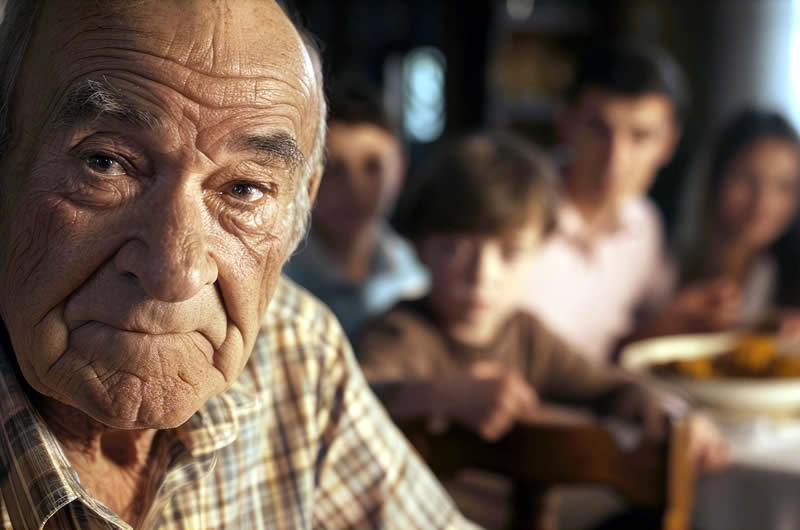
Abuse can happen anywhere
Of the calls we received, 41% came from KwaZulu-Natal, 28% from Gauteng, and the rest from across South Africa – proving that elder abuse isn’t limited to certain areas or communities. It can happen in affluent households or struggling homes, in cities or rural villages. What matters is whether respect, empathy, and dignity are present in the relationship.
What can you do to prevent elder abuse?
- Start with awareness. Recognise the signs of abuse – emotional withdrawal, sudden changes in finances, unexplained injuries, or fearfulness around certain individuals.
- Check your own behaviour. Are you speaking to or about an elder, as though they aren’t present? Do you automatically assume they’re “too old” to understand or decide? Take a breath when their pace is slow. Let them know their presence still matters.
- Support rather than control. Wherever possible, allow older people to make their own choices – and assist them in doing so safely and with dignity.
- Report abuse. If you suspect abuse, don’t stay silent. Call Tafta’s Toll-free National Elder Abuse Helpline on 0800 10 11 10 or contact local social services.

Dignity in ageing is a right, not a luxury
At Tafta, we believe every older person deserves to live free from fear, neglect, and disrespect. It’s up to all of us – family members, caregivers, neighbours and friends – to make that belief a reality.
This World Elder Abuse Awareness Day, take a moment to reflect: Ageing should come with grace, not condescension. Abuse is not always loud. Sometimes, it’s in the small ways we fail to see someone as fully human.
Let’s start seeing.

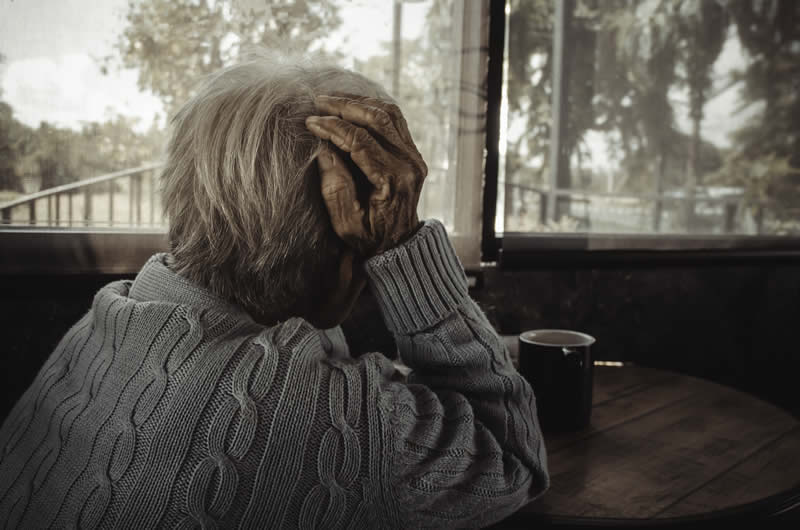
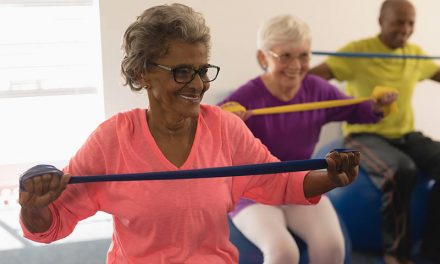
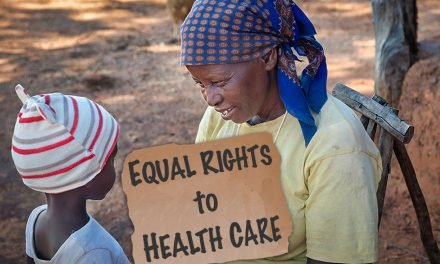


 Sisonke – ‘we are together’
Sisonke – ‘we are together’ From Durban Social Worker to Global Champion for Older Persons
From Durban Social Worker to Global Champion for Older Persons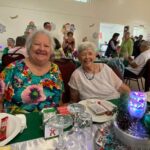 Christmas joy – good food and good company, thanks to you!
Christmas joy – good food and good company, thanks to you! Robin Hood Foundation spreads love across Tafta Homes
Robin Hood Foundation spreads love across Tafta Homes 12 Days of Giving – spread joy to older people this Christmas
12 Days of Giving – spread joy to older people this Christmas Tafta resident pens powerful tribute to heritage and hope in new book
Tafta resident pens powerful tribute to heritage and hope in new book Introducing TEAL – our upgraded national Elder Abuse Helpline
Introducing TEAL – our upgraded national Elder Abuse Helpline Beat the year-end blues – 6 tips for staying positive during ‘silly season’
Beat the year-end blues – 6 tips for staying positive during ‘silly season’ Wisdom on ageing – the most exquisite chapter
Wisdom on ageing – the most exquisite chapter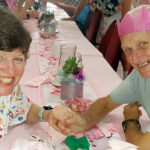 Thriving through 2025 – a toast to life
Thriving through 2025 – a toast to life